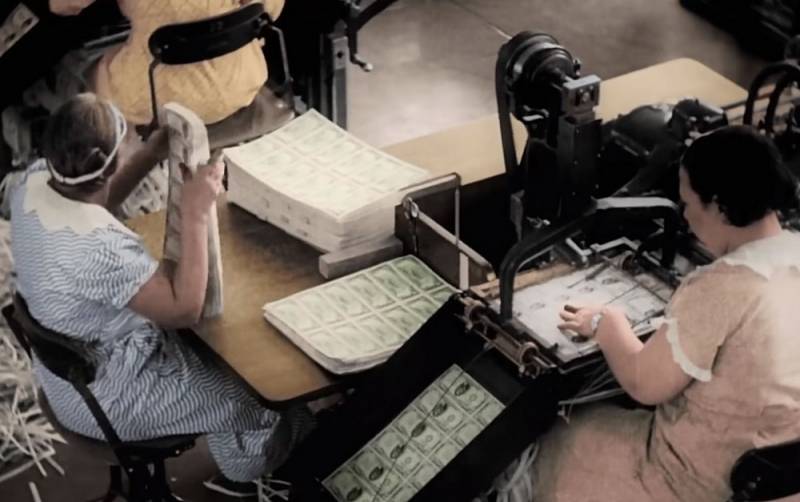Economic disaster in the USA: what led to the Great Depression
At the beginning of the last century it broke out economic crisis, which to this day is considered the largest. Moreover, all this happened in the USA, a country whose economic development at that time could only be envied.
It is no secret that after the First World War, the States managed to achieve colossal results in the economy and industry. Naturally, through lending and supplying weapons to the warring countries of Europe in exchange for their gold.
As a result, after the end of World War I, the United States became the country with the world's largest reserve of gold bullion. Moreover, American industry has reached such a level that it has literally flooded its market with various “goods of humanity,” including cars, refrigerators and washing machines, which were purchased by the population in huge quantities and with pleasure. Often on credit.
This is where the “era of consumption” and the dawn of the US economy began. But already in 1929, what would be called the Great Depression happened. A severe economic crisis has brought the United States to the brink of existence. But how is this possible?
The thing is that in the 20s of the last century in the States it was “fashionable” to invest in stocks and bonds. American citizens realized that these tools generate income back during the First World War, when the state borrowed money from them to produce weapons and send them to Europe.
Meanwhile, when purchasing securities, none of the acquirers analyzed the markets. Demand was constantly growing, as was the price of shares, which, naturally, pleased their holders. However, few people realized that a huge bubble had swelled in the stock market.
It all started with “Black Tuesday” on October 29, 1929, when the financial exchange collapsed by 11%. Naturally, this event frightened investors so much that they began to sell their assets, pushing the price further down.
At the same time, banks that were losing money in the stock market began to repay them using the deposits of ordinary Americans. The latter, in turn, rushed to withdraw money from their accounts.
Over the next four years, a third of banks in the United States closed.
But that's not all. Frightened people began to save heavily and “hide money under their pillows,” which led to a sharp drop in demand for goods.
Debt-damaged industrial enterprises, unable to sell their products, began to go bankrupt en masse and lay off employees.
Farmers also went bankrupt. Their products became so cheap that it was unprofitable to produce them.
Finally, the already catastrophic situation was aggravated by the belated reaction of the US authorities, who considered that “the market would cope without their intervention.”

Information